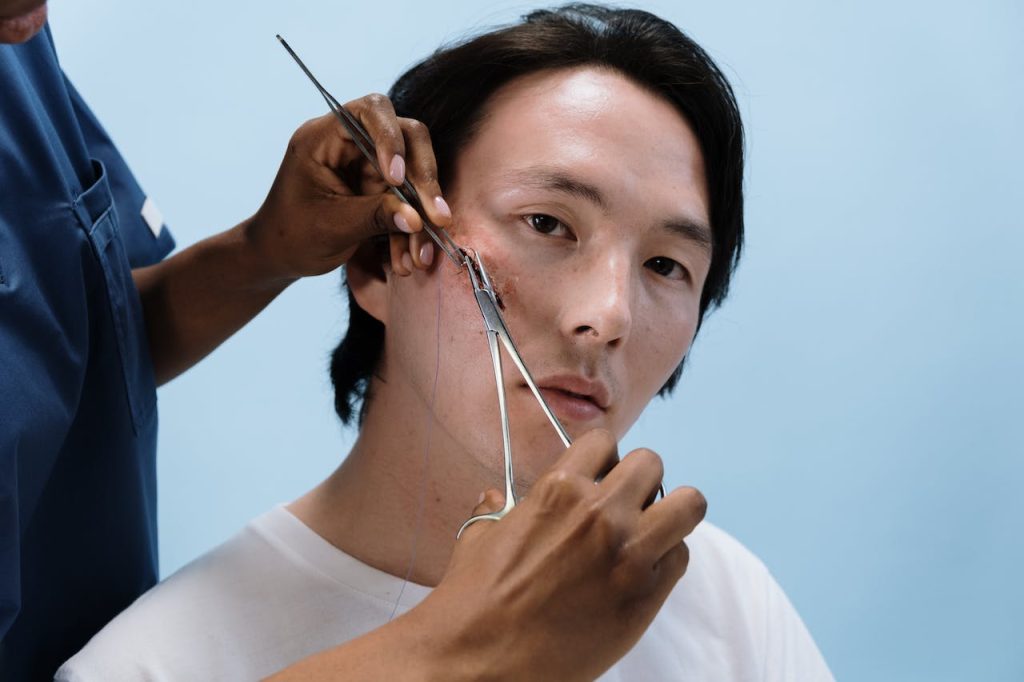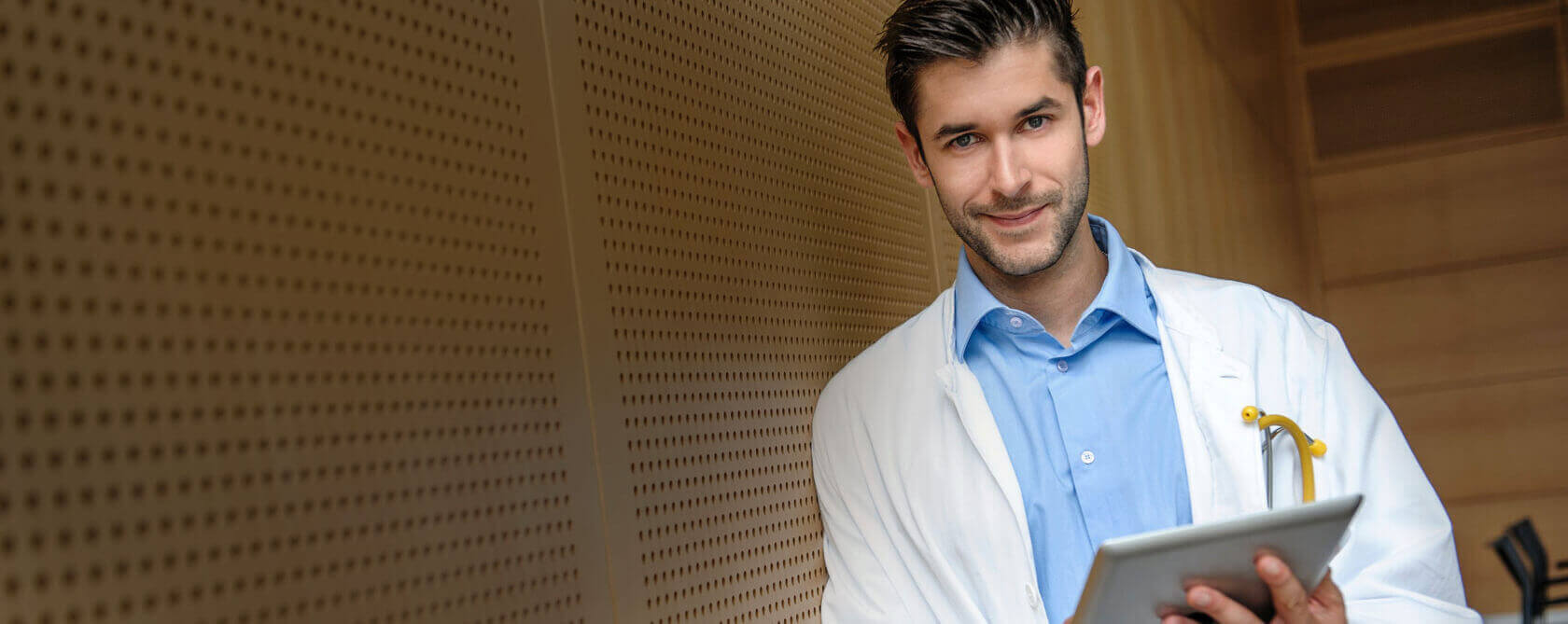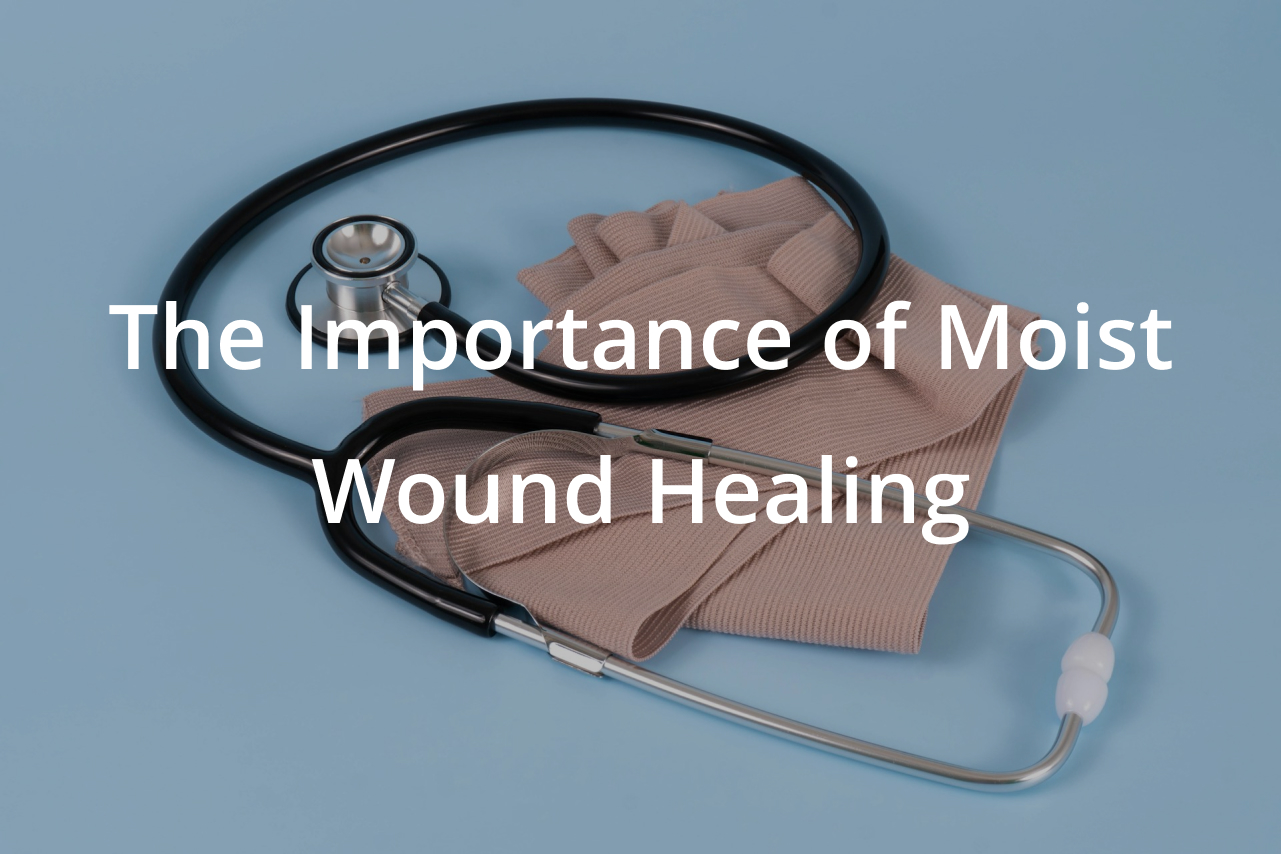
Wound healing is a complex and intricate process that involves a series of stages, each playing a crucial role in restoring the body to its pre-injured state. In this blog, we’ll unravel the mystery behind the stages of wound healing and shed light on the indispensable role played by wound care specialists. Additionally, we’ll explore the significance of advanced wound care in optimizing the healing journey.
Understanding the Stages of Wound Healing
Wound healing can be broadly categorized into three main stages, each marked by specific biological processes:
Inflammatory Stage:
Duration: 1-6 days
- The body initiates an immediate response to the injury, with blood vessels constricting to minimize blood loss.
- Platelets arrive to form a clot, and white blood cells work to ward off infection.
- Inflammation is a natural and essential part of this phase, creating the foundation for subsequent healing.
Proliferative Stage:
- Duration: 2 days to 3 weeks
- New tissue is generated as blood vessels continue to deliver nutrients and oxygen.
- Fibroblasts produce collagen, the building block of connective tissue, promoting wound strength.
- Epithelial cells multiply to cover the wound surface.
Maturation (Remodeling) Stage:
- Duration: Weeks to months
- Collagen continues to be deposited, and the wound undergoes structural changes.
- The tissue gradually gains strength and flexibility.
- Scar tissue forms, and blood flow normalizes.
Role of Wound Care Specialists
Wound care specialists, including doctors, nurses, and therapists, play a pivotal role in each stage of wound healing:
Inflammatory Stage:
- Specialists focus on infection prevention and reducing inflammation through proper cleaning and disinfection.
- Antibiotics may be administered to prevent or treat infections.
Proliferative Stage:
- Wound care specialists monitor the wound for signs of delayed healing and ensure optimal conditions for tissue regeneration.
- Advanced wound dressings may be applied to promote a moist environment and facilitate healing.
Maturation Stage:
- Specialists assess the wound’s progress, addressing any complications that may arise.
- Scar management techniques, such as pressure therapy, may be employed to minimize scarring.
Importance of Advanced Wound Care
In recent years, advanced wound care techniques and technologies have revolutionized the treatment landscape. These innovations contribute significantly to the enhancement of the wound healing process:
Advanced Wound Dressings:
Specialized dressings, such as hydrocolloids and foams, create an optimal environment for healing, absorbing excess moisture, and promoting tissue regeneration.
Negative Pressure Wound Therapy (NPWT):
NPWT utilizes negative pressure to remove excess fluids from the wound, enhancing blood flow and promoting faster healing.
Biologics and Growth Factors:
Biological products containing growth factors and stem cells are employed to accelerate the healing process.
Telemedicine in Wound Care:
Remote monitoring and consultations allow for timely interventions, reducing the risk of complications.
Conclusion
As we unravel the stages of wound healing and recognize the pivotal role of wound care specialists, it’s essential to have the right guidance on your healing journey. If you or a loved one is navigating the complexities of wound care, consider consulting with a renowned expert in the field, such as Dr. Som.
Dr. Som brings a wealth of experience and expertise to the realm of wound care. Schedule a consultation with Dr. Som to receive personalized insights, advanced treatment options, and compassionate care tailored to your unique needs. Take the next step towards optimal healing by reaching out to Dr. Som’s clinic today. Your path to comprehensive wound care begins here.


